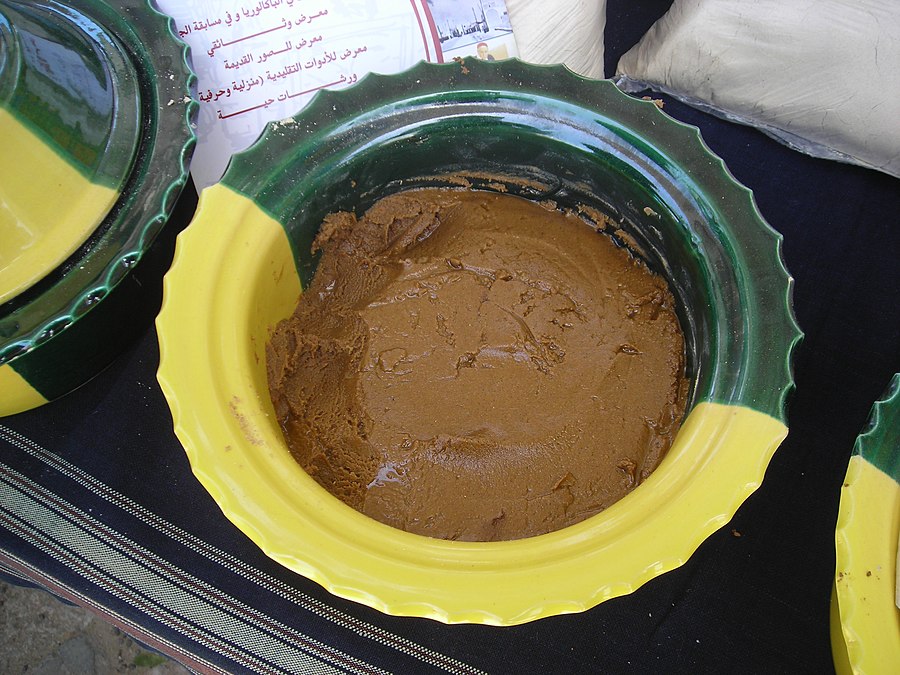Facts About Bsisa
Bsisa is a traditional North African food made from roasted barley flour, with origins tracing back to Roman times. This nutritious mixture includes roasted cereals ground with fenugreek, aniseed, cumin, and sugar, and is particularly popular in Tunisia and Libya. Due to its high nutritional value and portability, bsisa was often carried by travelers and nomads.
There are a couple of ways to enjoy bsisa. It can be added to milk or water to create a drink called Rowina, or mixed with olive oil to form a paste that pairs beautifully with dates or figs. A similar mixture known as Howira is darker in color but consists of similar ingredients.
In Tunisian and Libyan Jewish traditions, bsisa holds particular significance on the first day of the Hebrew month of Nisan. During this time, it is referred to as "bsiset el-marquma" or simply bsisa. This food symbolizes the mortar used to build the Mishkan (tabernacle). A special ritual involves placing a gold ring in the bsisa, representing the gold used in the Mishkan's construction. The head of the household blesses the bsisa in Arabic while mixing it with oil using the house key, symbolizing the oil used in the Mishkan and the "opening" of the new year. Family members then recite specific blessings before partaking in the bsisa.

 Libya
Libya